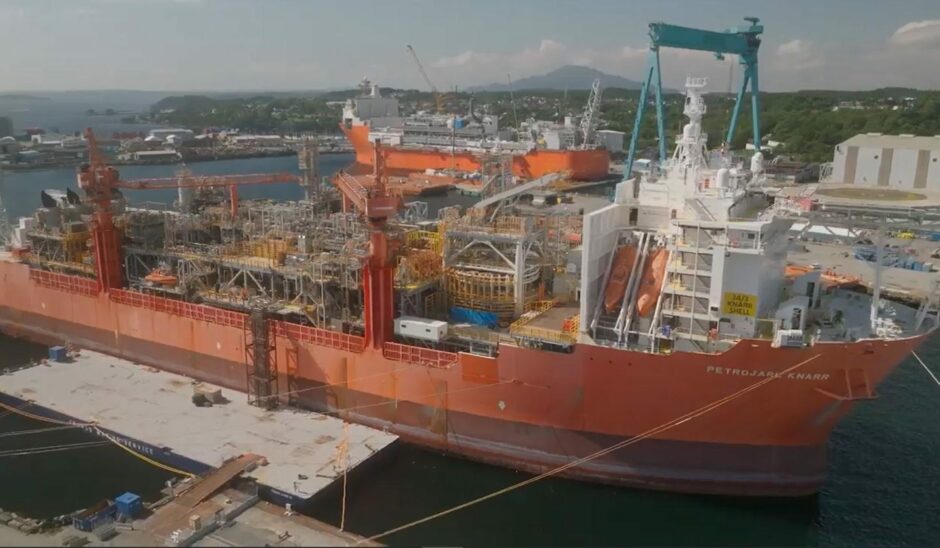
The North Sea Transition Authority defended its analysis of upstream emissions as campaigners claim that approval of Rosebank field would exceed UK carbon budgets.
Analysis prepared by Uplift – a pressure group aiming for a fossil-free UK – claims that emissions from operations at the west-of-Shetland field would be enough to exceed the oil and gas sector’s assumed share of the nation’s carbon budget by the end of the decade.
However, offshore regulator NSTA has said it has “full confidence” in data which shows the sector is “on track” to reaching its emissions reduction target by the end of the decade, if not surpass it.
Estimated to hold 300 million barrels of recoverable resources in its first phase, a plan to develop Rosebank is currently under consideration by UK authorities, with a decision expected in the coming months.
Published by The Guardian on Monday, Uplift’s report draws on the environmental statement submitted by operator Equinor and claims that production emissions from the field would amount to some 5.6m tonnes of CO2.
Combined with other upstream emissions over the period, Uplift said this would exceed the theoretical share of the UK’s fifth carbon budget from 2028-32 by about 8%, and overshoot the sector’s share in the sixth carbon budget, from 2033-37, by about 17%.
Figures do not include emissions caused by burning the oil and gas produced from the field.
While industrial sectors are not issued with a formal budget, the Committee on Climate Change recommends they should remain within current limits – giving the UK upstream sector a roughly 4% share of total UK emissions.
Tessa Khan, executive director of Uplift, said: “This analysis clearly shows what the government has long known but chosen to ignore: that it is impossible to reconcile approving a huge new oilfield like Rosebank with the UK meeting its climate obligations.
“Ministers also know that approving Rosebank will do nothing to lower UK fuel bills and will do very little for UK energy security as most of these reserves will likely be exported.
“On every level, including legally, Rosebank fails.”
However, the NSTA hit back at the analysis, with a spokesperson for the organisation later noting: “New oil and gas fields in the North Sea can absolutely be in keeping with the UK’s commitment to net zero.
“For example, the NSTA uses an ‘effective net zero test’ which looks at a range of factors including greenhouse gas emissions, lifetime production against UK future demand and production emissions impacts when assessing applications for a new field.
“We have full confidence in our data, which show that the UK oil and gas industry is currently on track to meet interim emissions reduction targets agreed in the North Sea Transition Deal.
“Our 2022 Emissions Monitoring Report shows that achieving the 2030 goal of a 50% reduction in production emissions is the absolute minimum the NSTA expects from industry, which should aim to surpass it.”
The regulator pointed out that so far, North Sea flaring halved between 2018 and 2022.
A spokesperson from the Department for Energy Security and Net Zero told The Guardian: “We are on track to deliver our carbon budgets, creating jobs and investment across the UK while reducing emissions. Our carbon budget delivery plan is a dynamic long-term plan for a transition that will take place over the next 15 years, setting us on course to reach net zero by 2050.”
‘Tidal wave’ of opposition
With approval of the field now imminent, activists have threatened a “tidal wave” of action against the UK Government if it green lights the project.
Equinor has pushed back FID on Rosebank on a number of occasions, but the Norwegian energy giant is now expected to make a call this year, unlocking a promised £8.1bn investment and more than 1,600 jobs.
During an industry event in Aberdeen last week, the group’s UK boss Arne Gurtner said he hoped to sign off on the scheme before the industry’s major Offshore Europe conference in September.
Recommended for you

 © Supplied by Uplift
© Supplied by Uplift